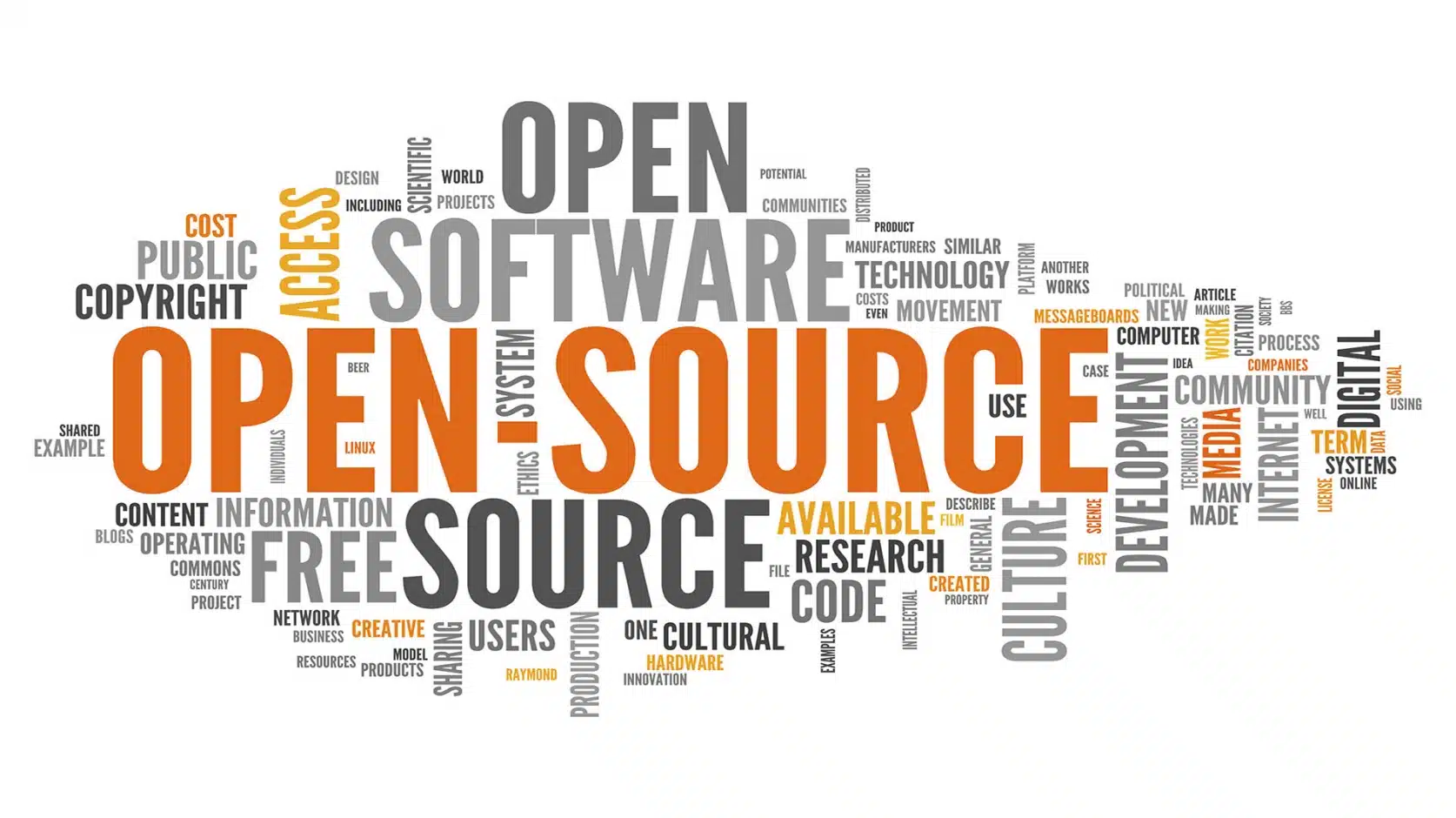
Imagine if replacing your car’s all-season tires with snow tires required buying a whole new car… That’s what government software is currently like.
The Department of Government Efficiency (DOGE) is looking to reduce government spending by at least 15%, which Elon Musk believes is “quite achievable.” Airbnb co-founder Joe Gebbia, who has also taken a leading role in DOGE added, “We really believe that the government can have an Apple-like store experience. Beautifully designed, great user experience, modern systems.”
How would that happen? What is required to create an Apple-like store? As a prerequisite, complex government systems must be decomposed into smaller interoperable modules that can be defined by standardized interfaces which describe the data that flows into and out of the modules. Vendors can create those specialized modules and list them in the store.
The fact is that for far too long, government systems have relied on “monolithic” software that is nearly impossible to replace all at once. For example, the attempt to replace the IRS’s COBOL-based systems has been ongoing for 30+ years – and is $15 billion over budget. An Apple-like store experience allows the government to, as they say, eat that elephant one-bite-at-a-time.
However, even the $15 billion IRS fiasco pales in comparison to the perhaps $400 billion that was wasted in COVID Unemployment Insurance (UI) fraud – largely due to failures in software systems and related processes. To simplify greatly, the majority of UI-related fraud happened because system failures prevented claimants from getting paid the “regular way” during the pandemic, and the states removed all the fraud prevention controls in a rush to just get the money out the door. Additionally, there were no standardized verification methods or system governance. This prevented adequate (any?) federal oversight over not only the states’ fraudulent UI payments, but also over their woefully inadequate recovery procedures.
In 2023, the Office of Inspector General (OIG) issued a report recommending that the Department of Labor (DOL) “Develop effective internal control procedures to ensure states meet program requirements, including eligibility, and have sufficient infrastructure in place to pay claimants’ UI benefits without delay for similar temporary emergency UI programs that may be established in the future.” The DOL basically punted, saying that it “disagrees with this recommendation,” with the excuse that “It is extremely challenging to develop controls for a program that does not exist and for which ETA does not know the requirements.”
Again in 2024, another OIG report recommended that DOL “Develop lessons learned based on the control failures… Provide [states] with guidance, technical assistance, and other resources, as needed, to address the root causes of overpayments.” So far, the DOL has not responded to this recommendation.
So, we are left in the same position we’ve found ourselves after every recession-induced system failure: with no good answers.
Well, no good answers except for an “Apple-like store experience” where these byzantine systems are decomposed into smaller, interchangeable modules and immediately and competitively made available to government agencies with transparent pricing.
Splitting large systems into smaller, “interchangeable parts” is not new. The concept of interchangeable parts, pioneered by Eli Whitney and others in the 19th century, formed the basis for the Industrial Revolution. It’s not surprising that we’d have to relearn the benefit of “interchangeable parts” with digital, as opposed to manufacturing, systems. What is surprising is that it’s taken us this long. Within government software, our warfighters are the first to begin putting it into practice with the “open architecture” of 6th generation jet fighters.
Rather than large, single-vendor, monolithic systems, an Apple-like store with diverse, interchangeable modules affords more choice, better options, and replacement of smaller pieces as better or cheaper options become available. An “Apple-like store experience” would benefit government in several ways, including:
Choice and competition: When government software is defined in an Apple-like store, it opens an ecosystem for many vendors to list their products in the store, with transparent “store” pricing. Having many vendors to choose from equals choice and competition which leads to better products and lower prices.
Immediate Access: An Apple-like store will give government agencies immediate access to software as soon as it is approved for listing in the store. Vendors are incentivized to produce system modules better, faster, and cheaper. Those modules can – and should – be made available for the agency to choose from in an Apple-like store.
Problem Solving: The modules in the store allow for rapid, area-specific system adaptation. Single modules can be added to the system to enhance functionality – without the rest of the system needing to be rewritten or replaced. Imagine if replacing your car’s all-season tires with snow tires required buying a whole new car… That’s what government software is currently like. An Apple-like store experience will allow agencies to replace tires on their car – or even to add “chains” on top of the existing tires to quickly adapt to changing conditions.
Returning to the UI example above, DOL knows that UI programs will change. They may not know exactly what those changes will be, but they know that change will happen in the future. Knowing this, the best thing they – or any government agency – can do is to pursue Gebbia’s “Apple-like store experience” which will give them the framework necessary to adapt – and to finally start reducing waste, fraud, and abuse.




